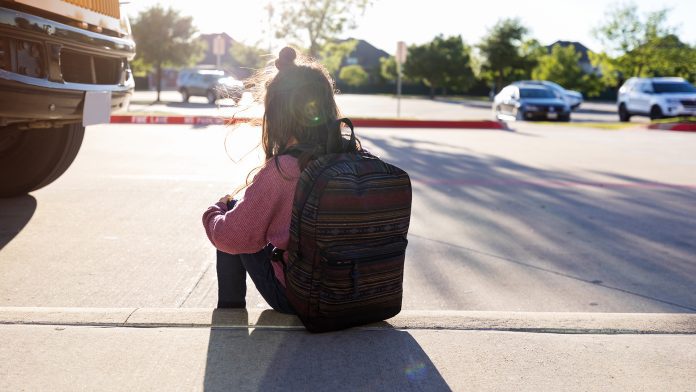
COVID-19 vaccine hesitancy may be linked to childhood trauma such as neglect, domestic violence, or substance misuse in the family home.
Vaccine hesitancy was three times higher amongst people who had experienced four or more types of childhood trauma than it was amongst those who had not experienced any, the findings show. Childhood trauma and adversity are strongly linked to poor mental health. Some studies have suggested that being mistreated as a child may undermine subsequent trust, including in health and other public services.
The new study by Bangor University has been published in the open-access journal BMJ Open.
Childhood trauma and trust in health systems
To explore this theory further, the researchers wanted to find out whether childhood trauma might be linked to current levels of trust in health systems information, support for and compliance with COVID-19 restrictions; and intention to get vaccinated against the infection.
They drew on the responses to a nationally representative telephone survey of adults living in Wales, UK, between December 2020 and March 2021, a period during which restrictions to curb the spread of COVID-19 infection were in force.
Out of an initial 6763 people contacted, the responses of 2285 who met all the eligibility criteria and who had answered all the questions were included in the final analysis.
The survey asked about nine types of childhood trauma before the age of 18:
- Physical abuse,
- Verbal abuse,
- Sexual abuse,
- Parental separation,
- Exposure to domestic violence,
- Living with a household member with mental illness,
- Living with a household member with alcohol and/or drug misuse,
- A family member in prison.
It collected personal details and experiences of long-term health conditions, level of trust in health service information on COVID-19, and attitudes towards COVID-19 restrictions.
The study’s findings
Around half (52%) of the respondents said they had not experienced any childhood trauma. One in five said they had experienced one type; around one in six (17%) reported two to three types; one in ten (10%) reported four or more.
Respondents who expressed little or no trust in NHS COVID-19 information and who felt government restrictions were very unfair were more likely to favour the immediate ending of regulations on social distancing and mandatory face covering. They were more likely to say they flouted the regulations occasionally and to profess reluctance or refusal to get jabbed.
For example, four out of 10 of those reporting low levels of trust in NHS COVID-19 information also reported vaccine hesitancy, compared with just 6% of those who did trust this source of information. And a similar proportion of those who didn’t really trust NHS COVID-19 information admitted to flouting the regulations occasionally, compared with around one in four of those who did trust this source.
Increased numbers of childhood trauma were independently associated with low levels of trust in NHS COVID-19 information, feeling that government restrictions were unfair, and wanting mandatory face coverings to be ditched.
Furthermore, the removal of face coverings was four times as high amongst those who had experienced four or more types of childhood trauma as it was amongst those who said they had not experienced any. Younger age, male gender, and no history of long-term conditions were also associated with this stance. Experience of four or more types of childhood trauma was also associated with a desire to end social distancing. Additionally, the likelihood of admitting to flouting COVID-19 restrictions occasionally rose in tandem with the childhood trauma count.
Vaccine hesitancy was also three times higher amongst those with a childhood trauma count of four or more and higher in younger age groups.
Based on all their findings, the researchers estimated the likely rates of vaccine hesitancy according to childhood trauma and age: these ranged from around 3.5% among those aged 70 and above with no experience of childhood adversity to 38% among 18–29-year-olds who had experienced four or more types of childhood trauma.
Limitations of the study
This is an observational study, and as such, cannot establish cause. And the researchers acknowledged several caveats to their findings.
Although in line with telephone surveys, the response rate was only around 36%, and the findings relied on personal recall. Women were also overrepresented, whilst the numbers of people from ethnic minority backgrounds were underrepresented.
But the researchers point out that people who have experienced childhood trauma are “known to have greater health risks across the life-course. Results here suggested such individuals may have more difficulty with compliance with public health control measures and consequently require additional support.”
























